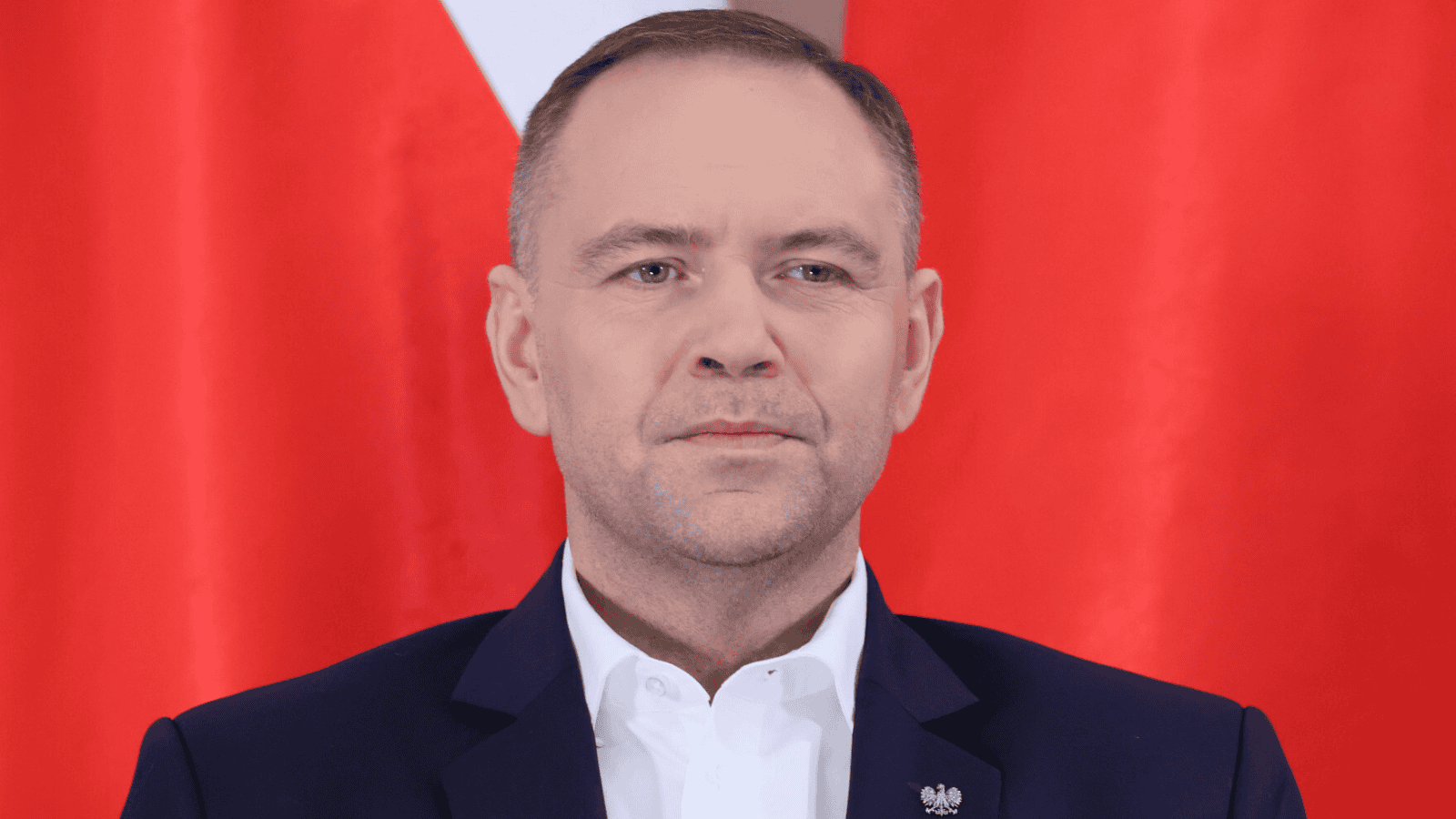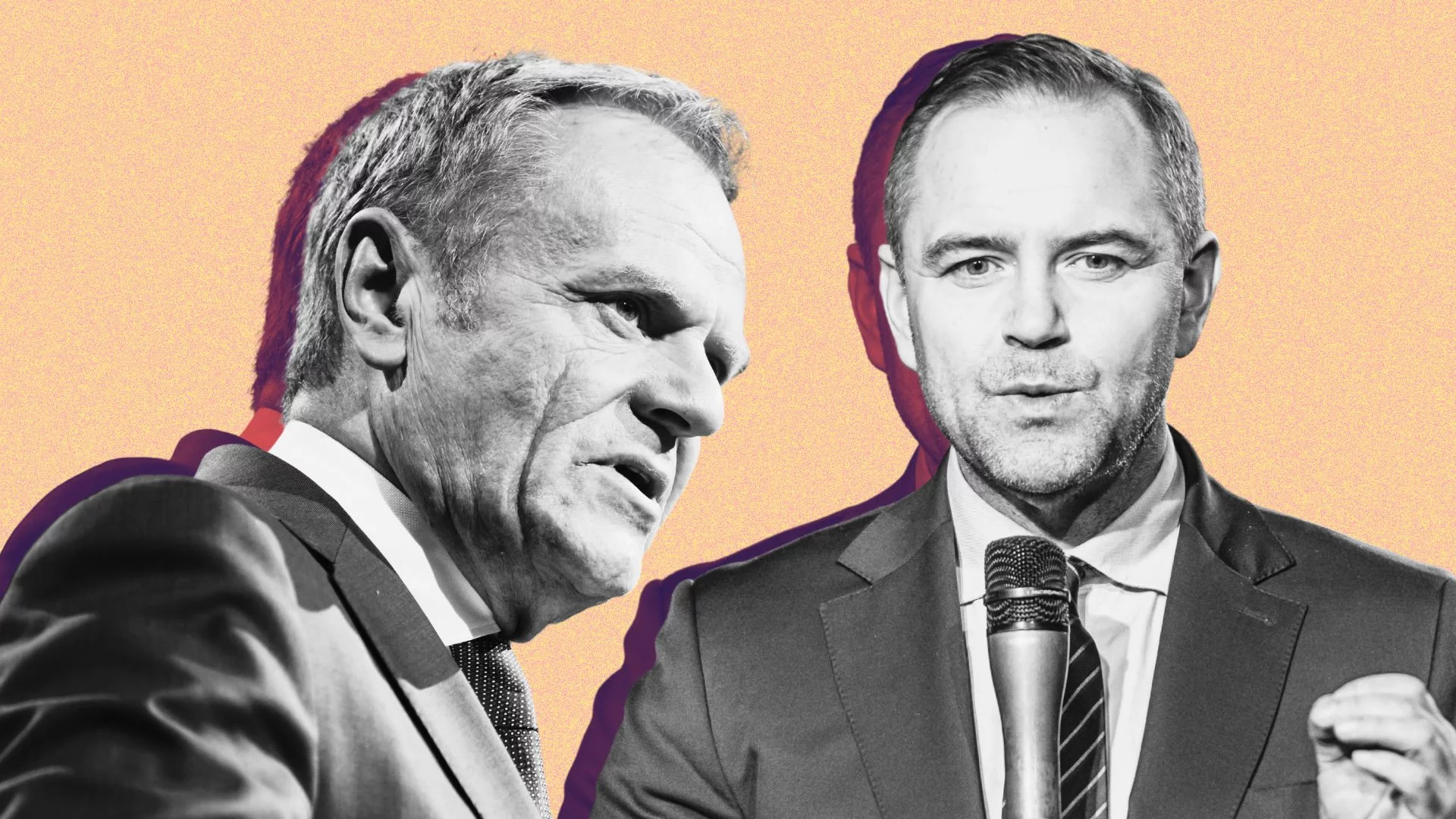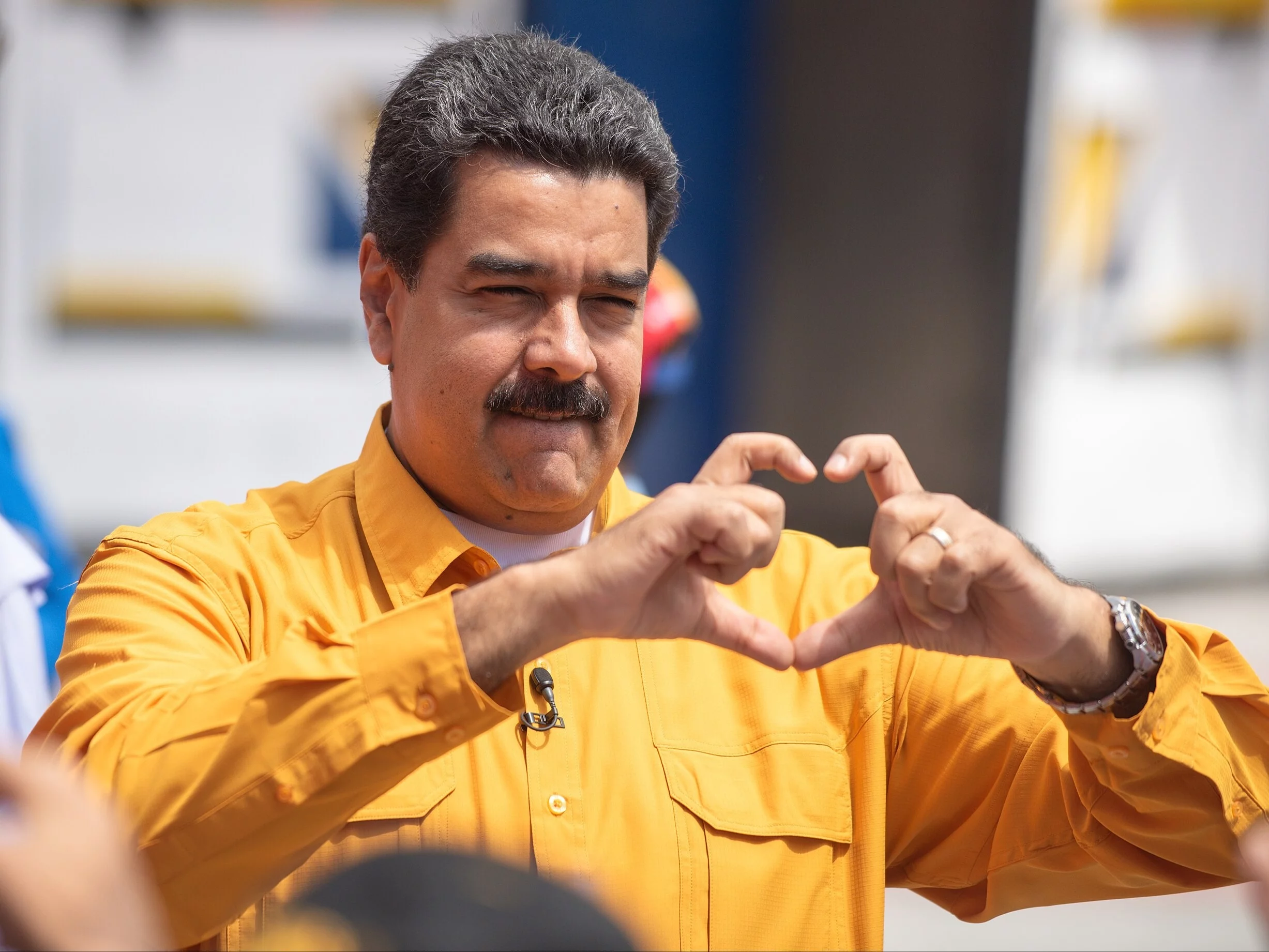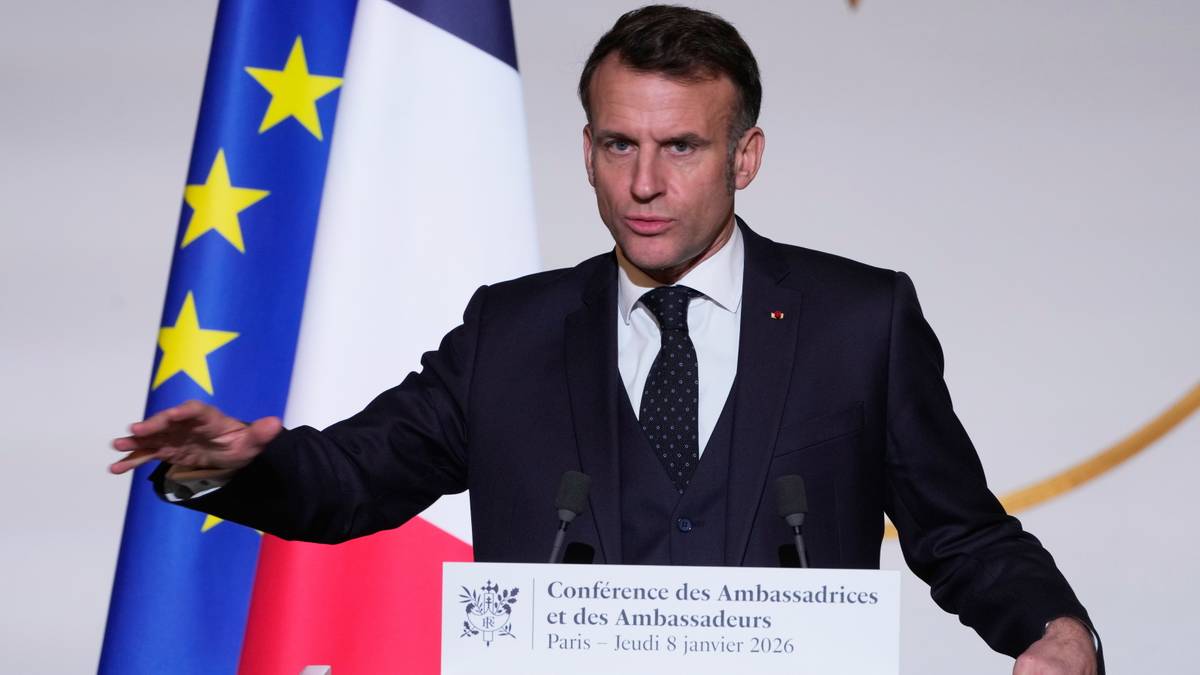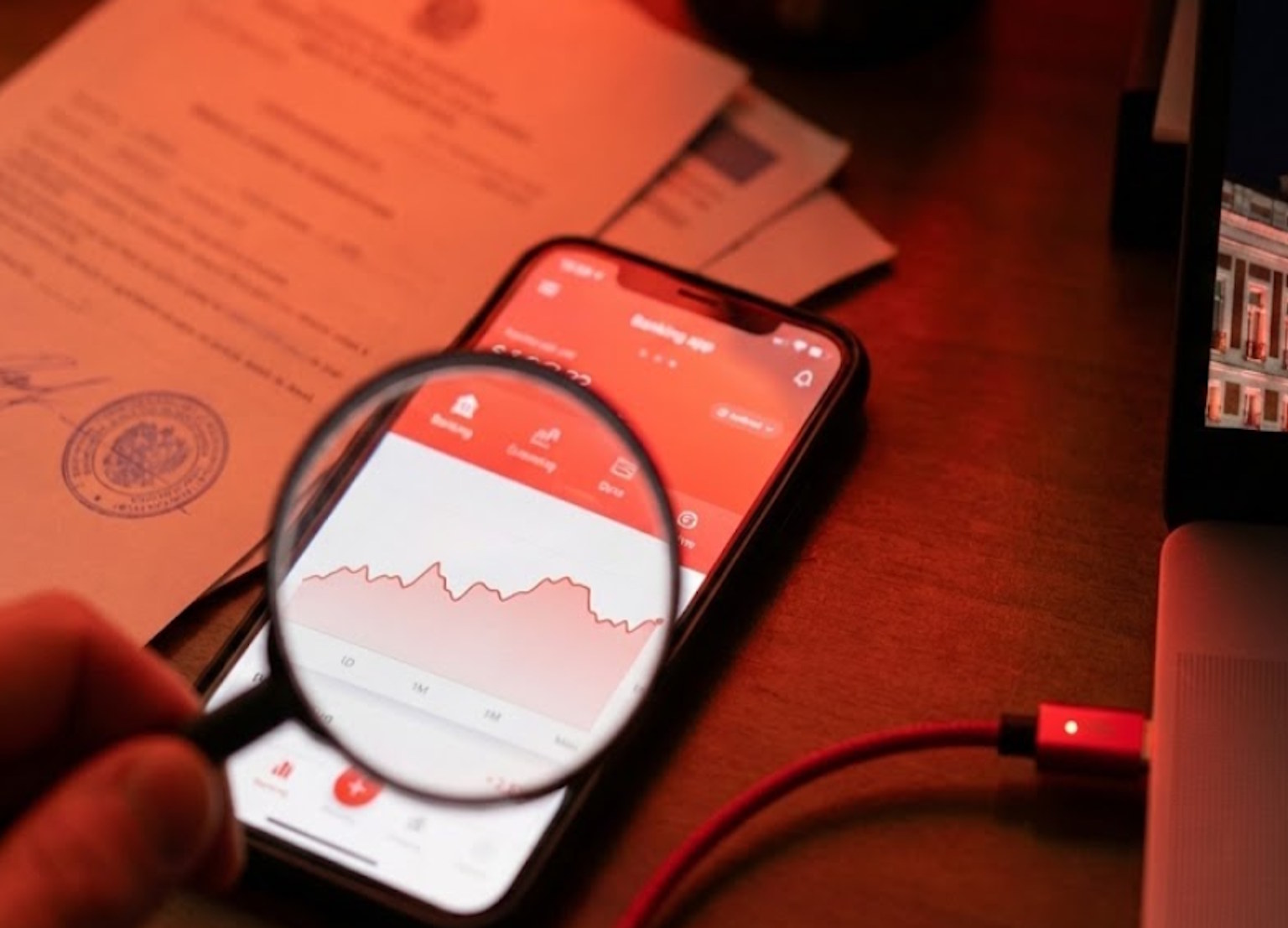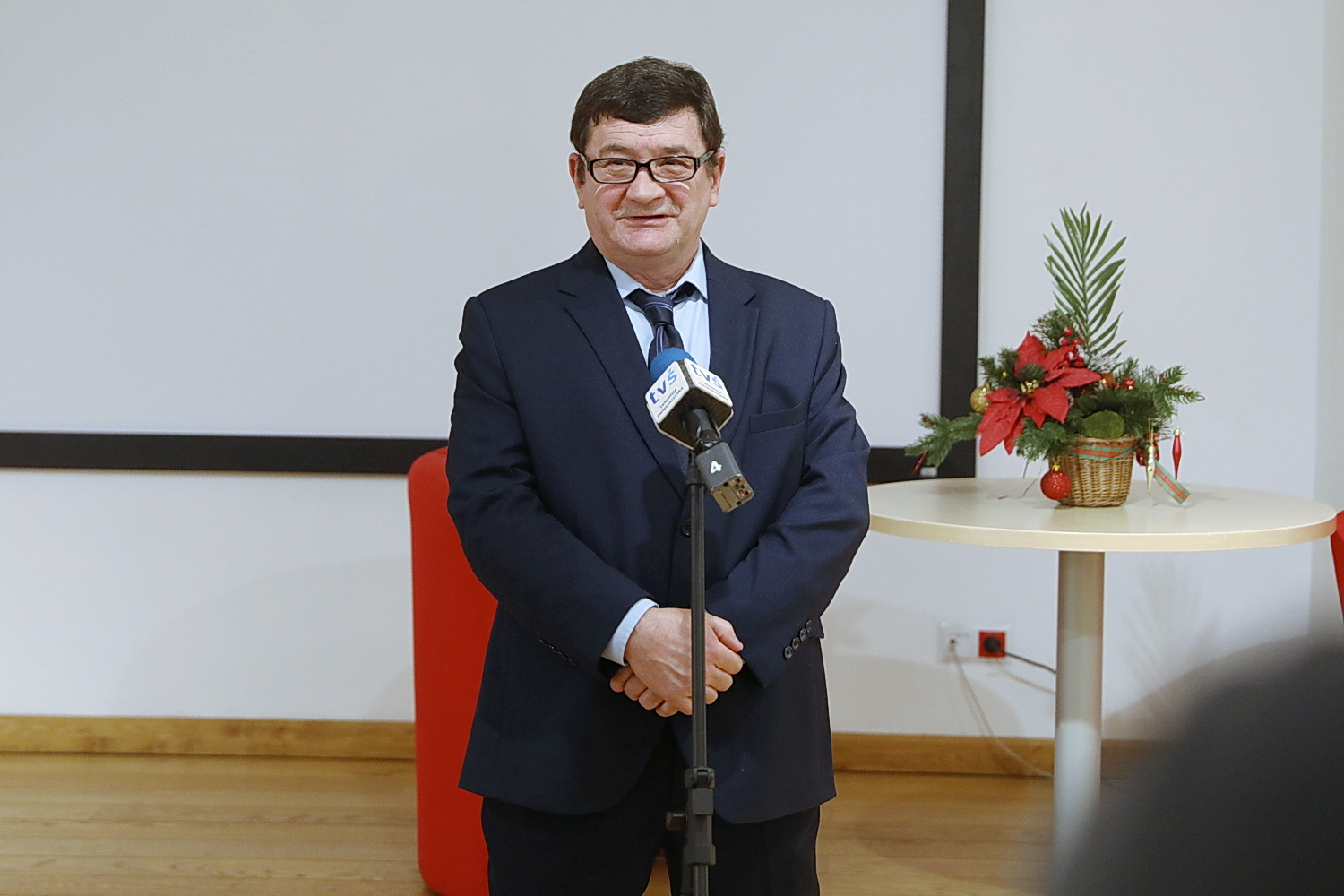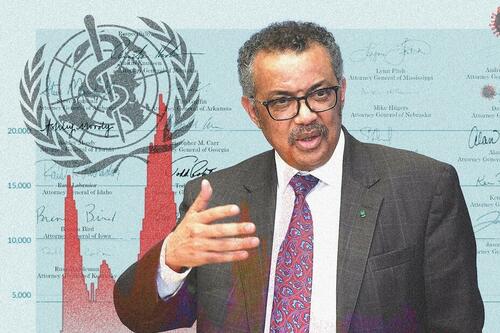
WHO Makes Key Concessions Ahead Of Pandemic Treaty Vote
Authored by Kevin Stocklin via The Epoch Times (emphasis ours),
The World Health Organization (WHO) has watered down some provisions of its pandemic agreements ahead of the upcoming World Health Assembly on May 27. Critics in the United States, however, say the changes don’t do enough to address the concerns over the policy.
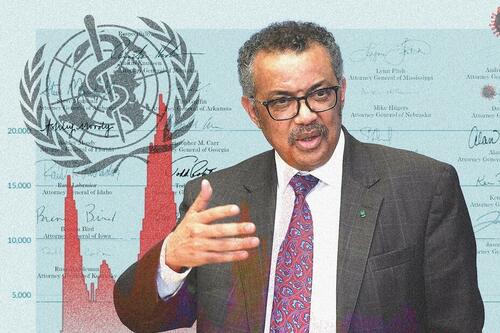
Provisions in prior drafts of the WHO pandemic treaty and International Health Regulations (IHRs) together aimed to effectively centralize and increase the power of the WHO if it declares a “health emergency.”
The release of the latest draft of the amendments, dated April 17, are the first public update on the IHR draft, which was initially made public early 2023.
“In most areas, and for all of those which most concerned us from a legal perspective, the interim draft reflects a major retreat by the WHO Working Group from the text of the original proposals,” write English solicitors Ben and Molly Kingsley in an April briefing paper regarding the new amendments.
Some WHO-watchers remain wary, however.
“Practically all the bad things are still there,” Dr. Meryl Nass, a U.S.-based physician and vocal critic of the WHO agreements, told The Epoch Times.
“The language is gentler, but since there is so much to be decided later it is not clear the gentler language is meaningful,” Dr. Nass said.
“My best guess is that they are desperate to get something passed, so the options are likely to be either a vanilla version of the treaty … or a delay. But they fear delay because people are waking up.”
The WHO and its advocates—including celebrities, politicians, and religious groups—have launched a global campaign urging the 194 member states to sign the documents.
“Give the people of the world, the people of your countries, the people you represent, a safer future,” WHO Director-General Tedros Adhanom Ghebreyesus said at a May 3 Geneva meeting. “I have one simple request: please, get this done, for them.”
He urged any countries that don’t support the agreements to refrain from encouraging other states to oppose it.
WHO ambassador and former U.K. Prime Minister Gordon Brown on March 20 lauded “a high-powered intervention by 23 former national presidents, 22 former prime ministers, a former U.N. general secretary, and 3 Nobel Laureates … to press for an urgent agreement from international negotiators on a Pandemic Accord.”
Mr. Brown called for unified global action to “expose fake news disinformation campaigns by conspiracy theorists trying to torpedo international agreement for the Pandemic Accord.”
He refuted criticisms that the pandemic treaty and IHR amendments would cede any sovereignty from member nations to the WHO.

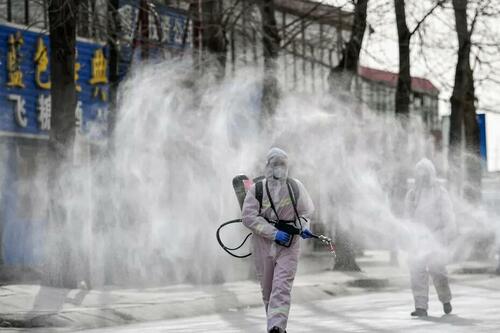 (Top) World Health Organization chief Tedros Adhanom Ghebreyesus speaks during a press conference in Geneva on April 6, 2023. (Bottom) People in protective suits spray disinfectant on a street in Shijiazhuang, which was declared a high-risk area for COVID-19 , in northern China’s Hebei Province, on Jan. 15, 2021. (Fabrice Coffrini/AFP via Getty Images, STR/CNS/AFP via Getty Images)
(Top) World Health Organization chief Tedros Adhanom Ghebreyesus speaks during a press conference in Geneva on April 6, 2023. (Bottom) People in protective suits spray disinfectant on a street in Shijiazhuang, which was declared a high-risk area for COVID-19 , in northern China’s Hebei Province, on Jan. 15, 2021. (Fabrice Coffrini/AFP via Getty Images, STR/CNS/AFP via Getty Images)Critics Remain Unconvinced
Despite these assurances, however, the efforts to vest more power within the WHO continue to face resistance.
In recent months, Louisiana and Florida passed laws stating that state officials will not obey WHO directives, and other states, such as Oklahoma, are considering similar legislation.
On May 8, attorneys general from 22 states signed a letter to President Joe Biden urging him not to sign the WHO agreements, and stating that they will resist any attempts by the WHO to set public health policy in their states.
“Although the latest iteration is far better than previous versions, it’s still highly problematic,” the attorneys general wrote. “The fluid and opaque nature of these proceedings, moreover, could allow the most egregious provisions from past versions to return.
“Ultimately, the goal of these instruments isn’t to protect public health. It’s to cede authority to the WHO—specifically its director-general—to restrict our citizens’ rights to freedom of speech, privacy, movement (especially travel across borders), and informed consent.”
Amid this recalcitrance, the WHO has stepped back from some of the more controversial measures. The Biden administration is involved in negotiating the WHO treaty and have expressed support for it, but haven’t stated a definite intention to sign.
The Latest Draft
Struck from the latest draft is a provision that member nations “recognize WHO as the guiding and coordinating authority of international public health response” and commit to follow the WHO’s directives during a health emergency. The latest draft also states that WHO recommendations are non-binding.
Read more here…
Tyler Durden
Mon, 05/13/2024 – 23:40

 1 rok temu
1 rok temu
